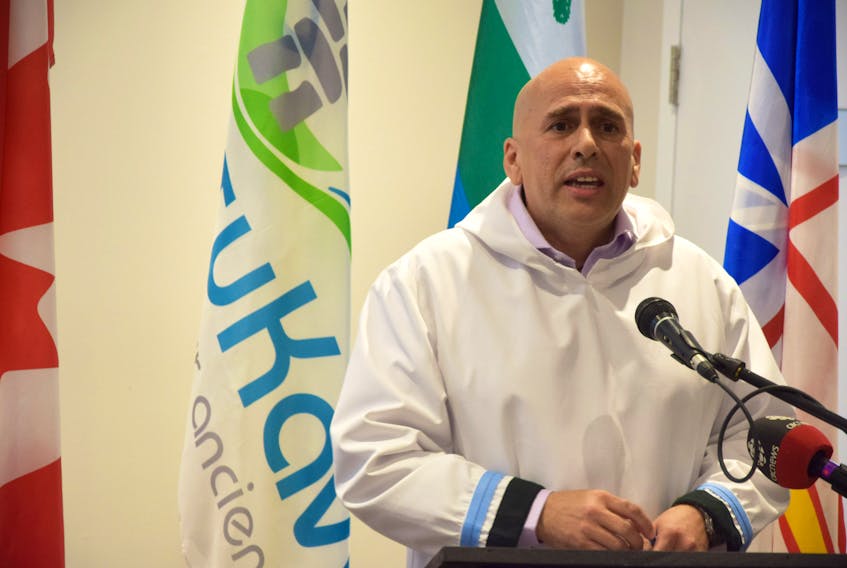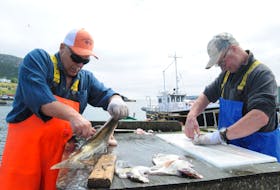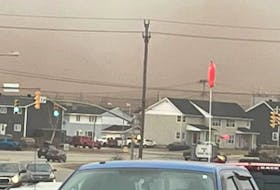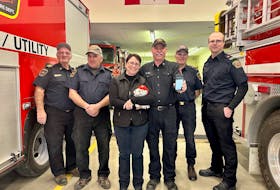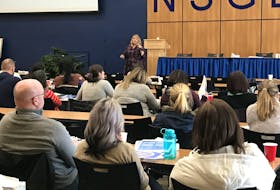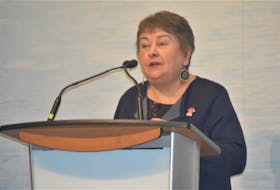HAPPY VALLEY-GOOSE BAY, N.L. — Todd Russell, president of the Nunatukavut Community Council, says they want more clarity from the province on how it intends to address recommendations of the Independent Environmental Assessment Committee on methylmercury mitigation for Muskrat Falls.
The province recently announced it wanted to create an independent oversight body with impacted groups to monitor methylmercury and human health impacts related to the controversial megaproject. Russell said NCC will be at the table for that, and he believes it's important going forward.
“We need to have a meeting ASAP so we can get full clarity on what exactly the province's response has been to the recommendations,” he told the Labrador Voice. “We do see some utility in an independent oversight body that will deal with ongoing monitoring, that will look at the possible benchmarks for methylmercury in the ecosystem, that would also look at human health management and education campaigns... ensuring that our people, and others, are fully informed and kept abreast of what is happening with this particular project.”
However, as he's said in the past, they are concerned with how long it took from the time the IEAC made the recommendations until now.
The IEAC committee made four recommendations, with three agreed upon by all voting members. Those were that a public information campaign be undertaken; an independent body oversee the design and implementation of a monitoring program for the Lower Churchill Project; and the province, Nalcor Energy, Indigenous groups and the local populations negotiate an Impact Security Fund prior to full flooding.
The committee was comprised of four voting members – the Innu Nation, the Nunatsiavut Government, Nunatukavut Community Council and the Affected Municipalities, as well as non-voting representatives of the provincial and federal governments and Nalcor. The Innu Nation did not agree with the recommendation that Nalcor Energy undertake targeted removal of soil and capping of wetlands in the future reservoir area before impoundment.
Russell said the lack of response from the province was disappointing and the lack of clarity in how they are going to address wetlands capping and full clearing of the reservoir needs to be addressed.
It came out at the Muskrat Falls Inquiry recently that Nalcor believes it's too late to implement either of those measures, which Russell said they were unaware of.
“Yes, we always knew that timing would have some impact on certain of the recommendations. We knew that. But we were never informed that the province and/or Nalcor had arrived at that particular conclusion some months ago. We were never informed of that.”
Russell reiterated, the longer the province takes to respond in an appropriate way, the more it diminishes people's sense of confidence in the responses.
“Obviously now people are raising allegations, obviously there have been some aspersions around response and lack of clarity around that response,” he said. “At the end of the day, we need clear responses, clear understanding, we need to move this forward. Our rights, our way of life, our well-being is what’s paramount here.”

